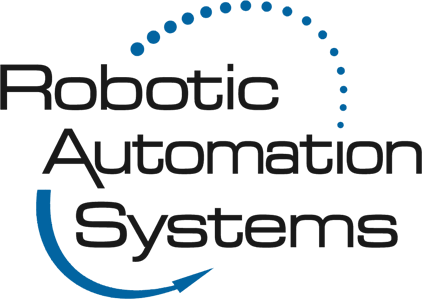Blogs
A robotic arm is a programmable mechanical arm that works in a similar manner as a human arm. In recent years, robotic arms have become commonplace in many different industries, and for good reason.
Advantages of Robotic Arms
Quality and consistency-robotic arms are able to provide better production quality with consistent results. They perform the tasks assigned to them the same way every time.
Greater safety-robots can perform…
Blow Molding
If you look around your home or office, you’ll likely see products made by blow molding. Blow molding is a process for creating hollow plastic products made from thermoplastic materials. The process involves heating and inflating a hollow plastic tube. The plastic tube is placed between two dies that contain the desired shape of the final product. When air is pumped into the tube, the tube expands, and the walls get thinner as…
End of Arm Tooling in the U.S.
End of arm tooling devices, also called grippers, allow the robotics used in machine automation to manipulate and move an object or objects. End of arm tooling for robots can be custom manufactured and tooled to meet any specific production or automation need in any industry or manufacturing process. Using the right type of end of arm tooling can make your automation faster, more efficient, and more precise. At…
Blow Molding Plastic Solutions in the U.S.
Plastic blow molding is an inexpensive, yet quality solution for forming hollow plastic parts that can be used throughout various industries. The different types of blow molded parts vary, and the applications for blow molding plastic solutions are far-reaching. Custom blow molding can be used for toys, home goods, cups, bottles, containers, carrying cases, and more. Industries like pharmaceutical…
An articulated robot is the most commonly used industrial robot. It’s also likely the most recognizable. We’ve all seen pictures or movies of the robotic arms reaching out to pick up materials, weld a car body together, or to move items from one conveyor belt to another. They are used in a broad range of industries
Articulated robots have arms with rotary joints that give them the range of motion and the flexibility to be able to perform…
It’s been estimated that 45% of manufacturing production can be automated with robots. In light of this, virtually any manufacturing process can be done by or assisted by robotic automation.
There are several basic types of industrial robots, each variety suited to different purposes. To choose the best fit for your particular manufacturing process, it’s important to understand the different types.
Here’s a brief summary of each…
Automation has been around for decades in its various forms. In its earliest days, the automobile industry began with motorized conveyor systems to move the cars from one assembly station to the next. Today, the automotive industry is the number one user of robotics in their manufacturing processes.
Because of labor shortages in today’s market, finding qualified employees to perform assembly operations has become increasingly difficult. If…
Robotic Process Automation (RPA) is a software technology that makes it easy to build, deploy, and manage software robots that interact with digital systems and software. Software robots can do things like understand what’s on a screen, complete the right keystrokes, navigate systems, identify and extract data, and perform a wide range of defined actions.
If you’re considering adding RPA to your company’s tool box, here are some of the…
In recent years, the demand for Robotic Process Automation (RPA) and Artificial Intelligence (AI) has grown exponentially. Companies of all sizes are realizing the benefits of these two technologies to the daily operations of their businesses.
Robotic Process Automation (RPA) and Artificial Intelligence (AI) are two terms describing the technology that enables organizations to automate many tasks that in the past have been performed by human…
In the last few years, the demand for robotic process automation (RPA) has grown exponentially. In addition to reducing costs, companies in many different industries are realizing the benefits of RPA to their customers as well as to their employees. In addition, the cost of automation has dropped steadily in recent years, making the investment in RPA more attractive for small and medium sized businesses.
If you’re considering the pros and…
